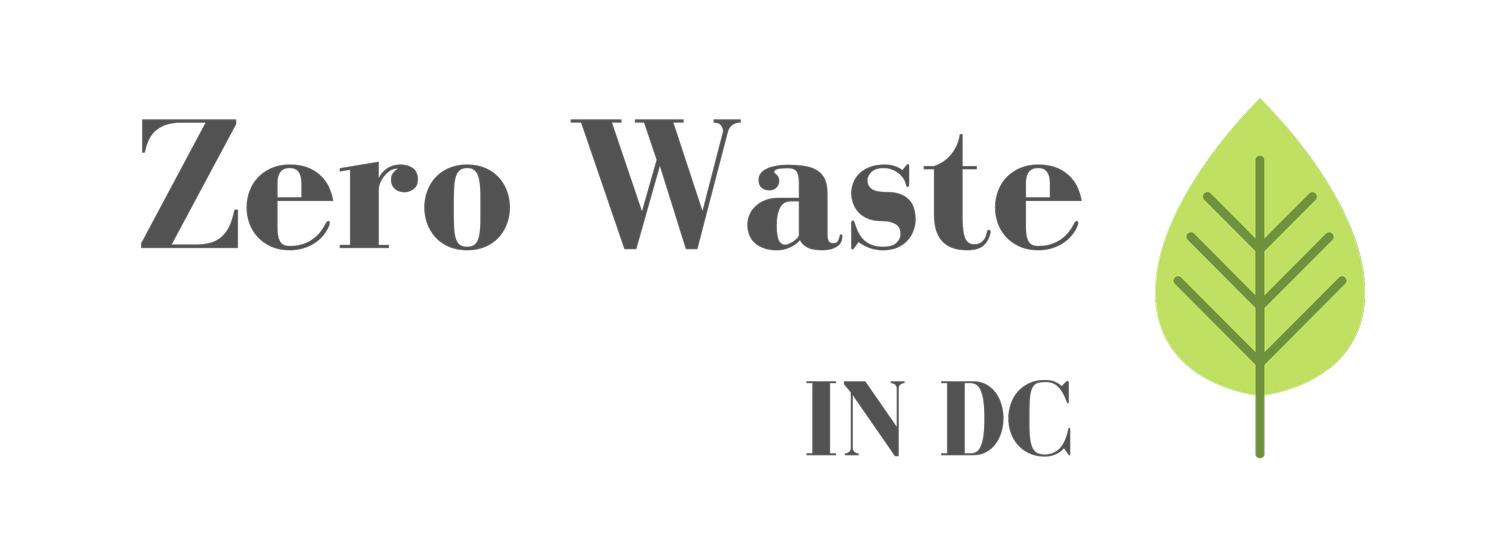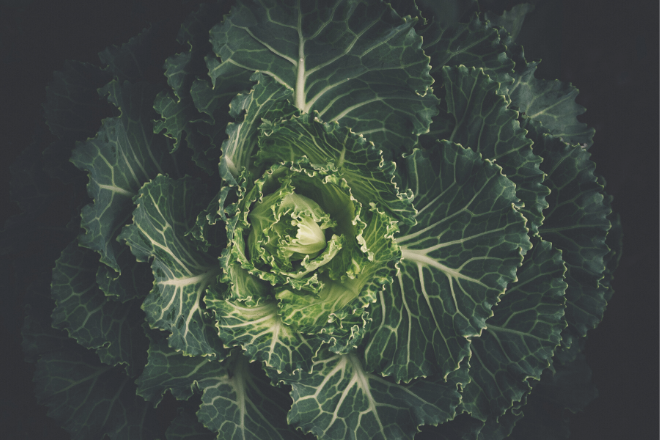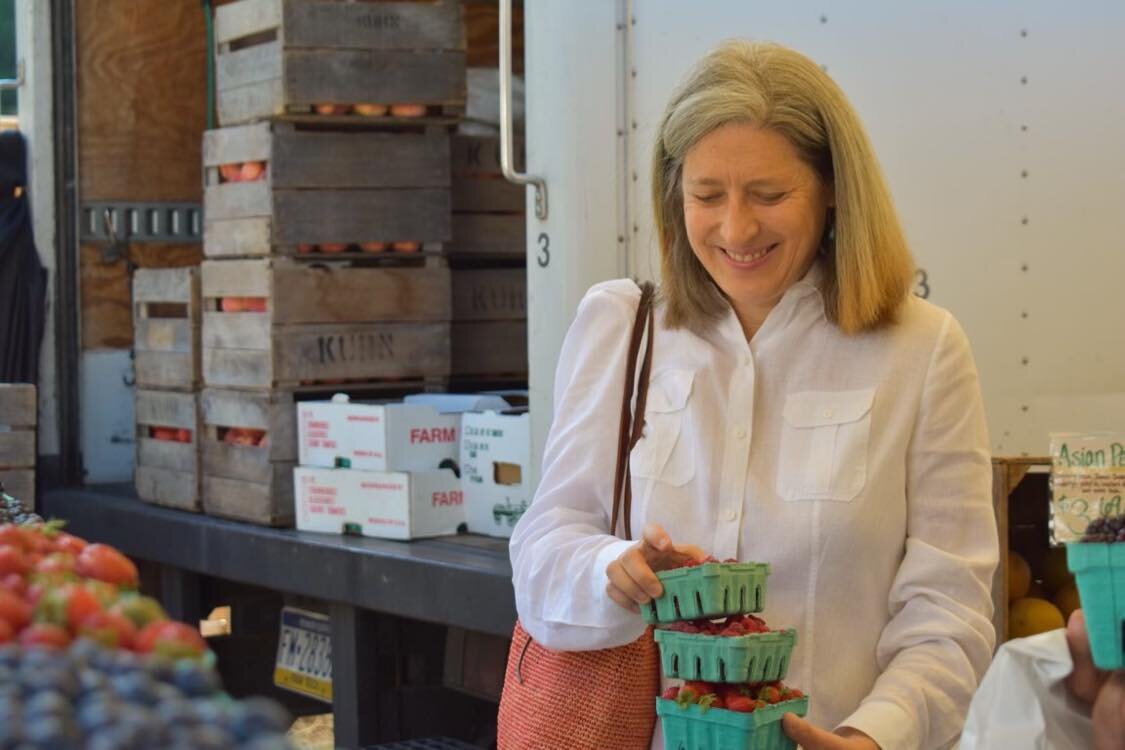
Living a Zero Waste Lifestyle: The 80/20 Way
What is Zero Waste Living?
It’s very simple. It’s about making personal choices as to what you consume and what you throw away. By reducing your consumption and waste, you accomplish two things. First, you reduce trash sent to landfills, incinerators and the ocean. Second, you reduce the energy needed to process, transport and dispose of materials. This energy saving means fewer greenhouse gas emissions.
Zero waste living has been an evolutionary process for me. My corporate experience leading climate initiatives for the largest global development institution focused on the private sector combined with evidence-based research and my own personal experience inspired me to confront my 24/7 busy lifestyle and question my own consumer patterns. I realized that you don’t have to get to ‘zero’ to make a huge difference.
My journey led me to the simplicity of the 80/20 rule. By focusing on those things (the 20%) that can make the biggest (80%) difference, individuals can have a real and sustainable impact. I offer talks and workshops, and individual household consultations with a goal of reaching as wide an audience as possible. I’m thoroughly convinced that collectively—through our daily actions and consumer choices—we can create cleaner air, cleaner oceans and mitigate climate change.

“We don’t need a handful of people doing zero waste perfectly. We need millions of people doing it imperfectly.”
— Anne Marie Bonneau, The Zero Waste Chef
The Magic 3
There are a thousand things you could do to go ‘zero waste’ but most of us are too busy to do all of them. So how do we realistically move towards a zero waste lifestyle? Zero waste living is achievable simply by focusing on three areas where you can truly have impact: food, packaging and recycling. I call these the Magic 3.
By focusing on these three areas, you will have a meaningful and measurable positive impact. And you will create a ripple effect. How quickly can a contagion effect take hold? Just ask the Vermont kid who first said no to a plastic straw!
If food waste were a country, it would be the third-largest emitter of greenhouse gas.
- World Resources Institute
By 2050, there is projected to be more plastic than fish in the ocean.
- World Economic Forum
Recycling helps combat climate change, but we must do better: Americans recycle less than 35% of the solid waste they generate.
- US Environment Protection Agency
My Journey to Living Zero Waste
Photo credit: Corey Sulser
I have always been inspired by big ideas. The process of bringing those ideas to life, with real and sustainable impact through practical action, has always been a driving force for me.
Having spent my career looking for solutions to climate challenges at a macro level, I began to question what could be done at the individual level.
This led to my own personal experiment to see how I could create a zero waste lifestyle.




